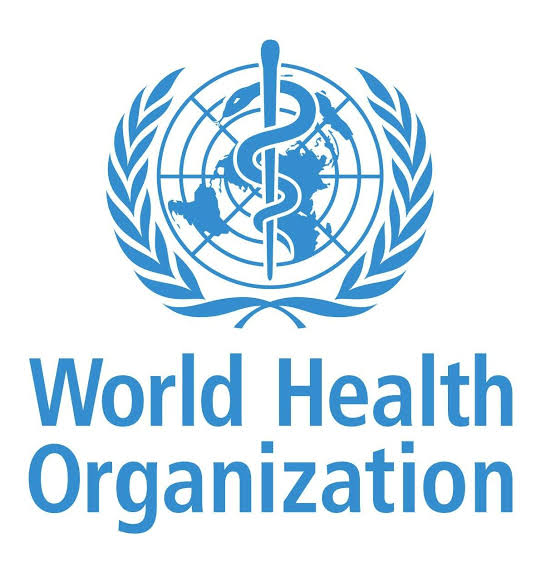The World Health Organisation (WHO) says a new Coronavirus disease (COVID-19) Solidarity Response Fund will raise money from a wide range of donors to support the work of the agency.
SEE ALSO: 6-Year-Old Girl Begs For Help As She Is Handcuffed, Dragged Away By Police Officers (VIDEO
WHO, in a statement issued from its headquarters on Friday, announced that the fund would help the agency and its partners to help countries respond to the COVID-19 pandemic.
The fund, the first-of-its-kind, enables private individuals, corporations and institutions anywhere in the world to come together to directly contribute to global response efforts.
It will help to contribute to global response efforts and has been created by the United Nations Foundation and the Swiss Philanthropy Foundation, together with WHO.
“We are at a critical point in the global response to COVID-19 – we need everyone to get involved in this massive effort to keep the world safe,
“We are immensely grateful to the UN Foundation and the Swiss Philanthropy Foundation for coming forward to help us set up this fund.
“A lot of people and institutions have been saying they want to contribute to the fight against the novel coronavirus.
“Now they can,’’ said Dr Tedros Adhanom Ghebreyesus, WHO Director-General.
The fund launches with major support already lined up, including from Facebook and Google who have instituted a matching scheme for funds raised through their platforms, while individual donors are also supporting the fund through www.COVID19ResponseFund.org.
“We cannot ignore the fact that this is a truly global problem – one that requires truly global solutions.
“The case for global cooperation could not be clearer – communities everywhere are affected, and people want to contribute.
“This new fund will create space for people everywhere, together, to fight this virus,” said Elizabeth Cousens, UN Foundation President and CEO.
Funds will go towards actions outlined in the COVID-19 Strategic Preparedness and Response Plan to enable all countries – particularly those most vulnerable and at-risk, and with the weakest health systems – to prepare for the virus.
It will also outline respond to the COVID-19 crisis including rapidly detecting cases, stopping transmission of the virus, and caring for those affected.

